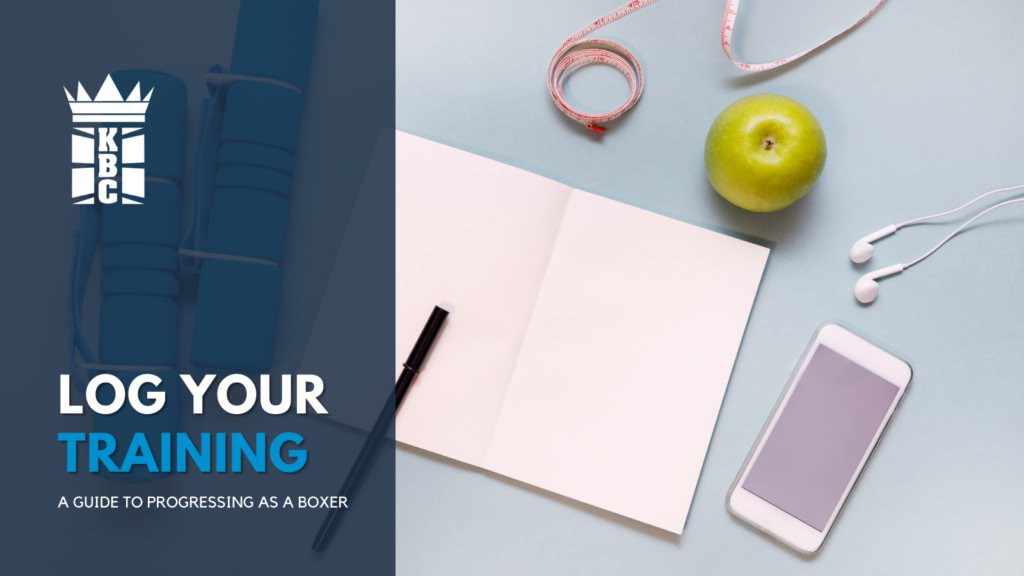HOW TO LOG YOUR TRAINING: A Guide To Progressing As A Boxer 🥊
Posted on
Boxing is inherently an individual sport. Rather than depending on your opponent to drive you forward, seize control of your training regimen before stepping into the ring!
As boxing coaches, we often encounter athletes expressing the desire to spar more, believing they’ll improve by simply absorbing more hits.
However, the reality is quite different: increasing head punches doesn’t enhance defensive abilities; it only heightens the risk of injury or worse. True skill improvement comes from refining techniques independently and then applying them during sparring sessions. Training independently is vital for a boxer’s physical and mental conditioning, laying the groundwork for skill enhancement and competition readiness.
📝 HOW TO KEEP A TRAINING DIARY FOR BOXING
Independent training plays a crucial role in the physical and mental conditioning of a boxer. Unlike some other martial arts, boxing lacks the structured choreography of katas or predetermined movement combinations in competition. This unpredictability fosters adaptability and constant evolution, which embodies the essence of boxing. However, this freedom comes with its challenges; it’s easy to overlook necessary improvements and lose sight of achieved technical proficiency.
Maintaining a training log serves as a vital tool for establishing checks and balances in your regimen. A well-kept training diary not only facilitates steady improvement but also ensures you don’t lose track of progress made in various aspects of the sport.
Your Training Diary Should Include:
- Date of workout or session
- Main intent of workout session – were you in a class or being coached
- One or two (max) techniques or skills you struggled with
- One or two (max) techniques or skills you were good at
Extra Items To Include:
- Drills or exercises you liked or helped you achieve goals
- Questions for your coach
Important Notes:
- Keep the notes short and sweet
- Make the wording personal – no one needs to understand the context except you
- Logging consistently is key!
💪 BUILDING AN EFFECTIVE TRAINING PLAN
Your coaching team will work with you to build a yearly training plan (YTP) based on Long Term Athlete Development (LTAD). While sparring and coached training is a large component of this model, athletes will only get what they put in! Don’t forget to work hard independently and focus on building your daily training around improving skills you struggle with.

Check out our top 3 options for newcomers, including:
🥊 1 Week of Unlimited Virtual Classes
🥊 5-Class Starter Package
🥊 3 TKO Private Training Package